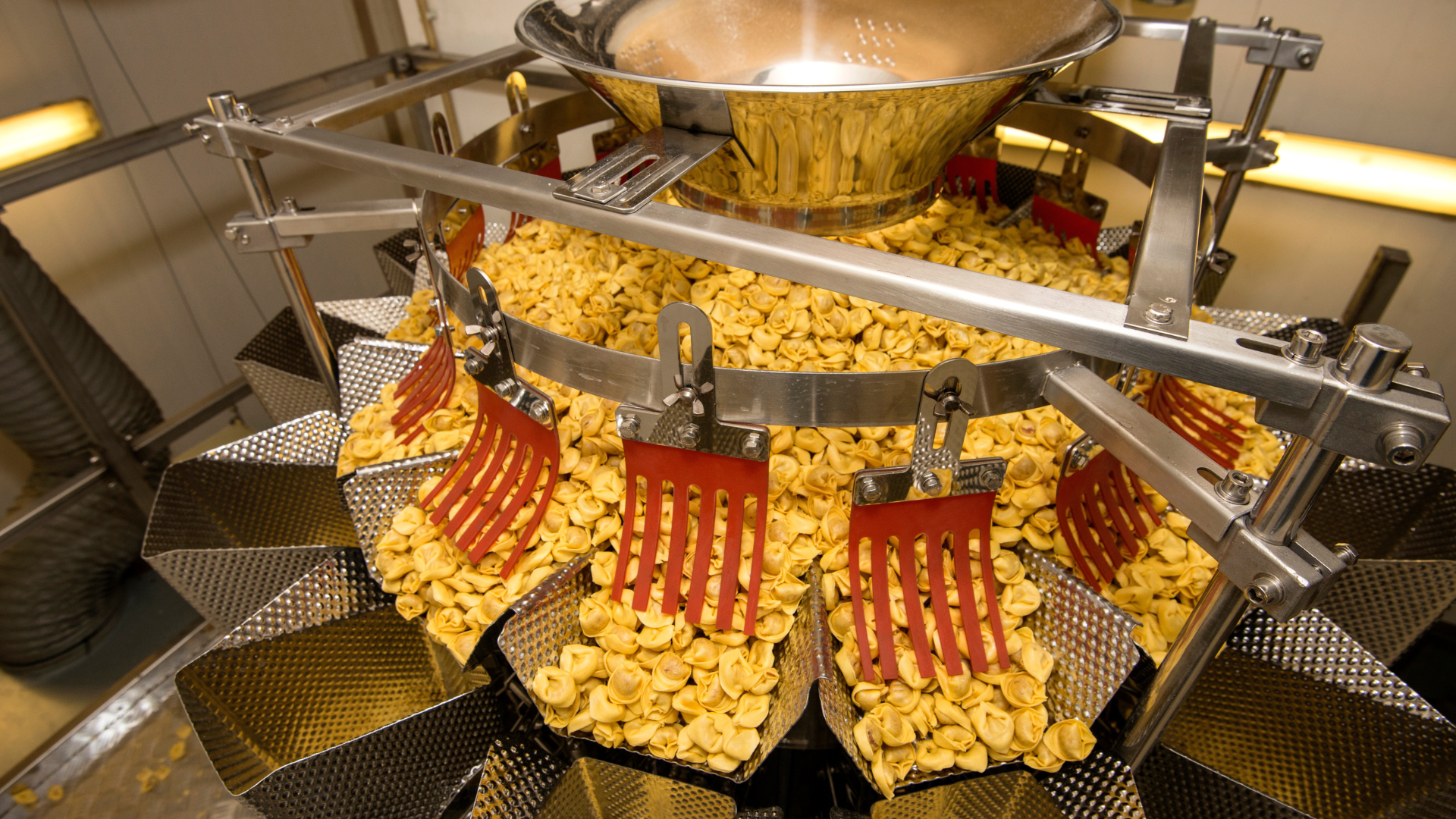Everything You Need to Know About IFS Certification
Over the last few decades, the global food system has evolved into a complex web of interconnected supply chains, transforming the traditional farm-to-fork journey of food and beverage products into a truly epic adventure. This expansive network requires an increasingly unified approach to food safety, a mission the Global Food Safety Initiative (GFSI) formed specifically to address. One of the latest food safety schemes recognized by the organization is the International Featured Standards (IFS).
Attaining IFS Certification is critical for companies operating in relevant markets and with relevant products, but requires overcoming many regulatory hurdles to comply. Knowing exactly what type of companies need the certification — and what it takes to live up to its standards — is key to protecting public health and ensuring compliance.
What is the IFS food safety scheme?
IFS is a benchmarked standard to the GFSI that focuses on prescriptive food safety requirements for product safety, legal compliance, and overall quality. The standard caters to various segments throughout the food supply chain, and offers distinct certifications such as IFS Food for processed foods, IFS Logistics for companies handling the distribution and transportation of food, and IFS PACsecure for companies that manufacture food packaging. IFS certification ensures any companies in these industries operate according to GFSI’s globally recognized food safety standards, and conveys to other industry stakeholders and consumers that they are safe and reliable suppliers.
Who Needs IFS Certification?
The IFS certification scheme works with a wide range of companies throughout the entire food supply chain, including:
- Food, beverage, and consumer products manufacturers, which includes companies that produce processed foods, produce products where there is risk of contamination during primary packing, or serve as private label producers.
- Distributors and logistics providers, including any company involved in transport (rail, air, ship, and road), storage, distribution, loading, and unloading of food and beverage products, and third-party logistics providers who want to showcase commitment to quality.
- Brokers who facilitate transactions between food producers and buyers without taking physical possession of goods.
- Food packaging manufacturers of any kind of primary and secondary packaging materials.
- Wholesalers who purchase and distribute large quantities of food products to retailers and other businesses.
What It Takes to Meet IFS Certification Requirements
Each IFS certification has its own unique requirements, all listed and clearly outlined on the organization’s website. To live up to these IFS certification standards, stakeholders need a foundation of understanding exactly what each standard requires and how to implement those requirements into their established food safety program. It takes more than just passing an audit — IFS standards are meant to be a part of the company’s day-to-day practices.
Some of the biggest challenges to meeting IFS certification requirements include:
- Misunderstood or incorrectly implemented requirements, leading to non-compliance and certification issues.
- Lack of IFS management resources caused by insufficient dedicated personnel or funding for managing IFS processes, undermining compliance efforts.
- Inadequate food safety culture, created by lack of support or enforcement from company leadership, resulting in poor adherence to protocols and increased risk of food safety breaches.
- Creating a compliant quality management system (QMS) that effectively addresses non-conformances.
- Maintaining adequate hygiene documentation, leaving gaps and out-of-date hygiene records that can result in non-compliances.
- Unannounced audits, which require consistent and constant preparation and vigilance to show compliance with IFC requirements.
Streamline IFS Certification With AIB International
Meeting IFS certification requirements takes a proactive approach to overcome common compliance challenges. Implement a robust internal audit system to ensure full understanding and correct application of all IFS standards, and utilize the guidance checklists from the organization to identify gaps and areas needing improvement, ensuring no aspect of the standard is overlooked. Establishing routine checks and balances is critical to ensuring continuous adherence, especially in high-turnover environments.
Of course, it’s much easier, efficient, and cost-effective to navigate compliance processes with expert, third-party guidance, reducing chances for mistakes. AIB International has over a hundred years of experience with food safety standard compliance and supports customers through a wide array of GFSI certifications, including IFS. Learn more about our IFS certification services here.


